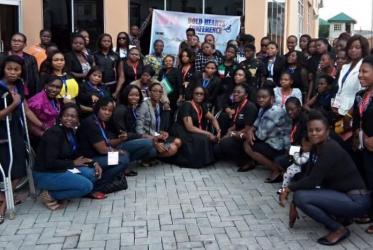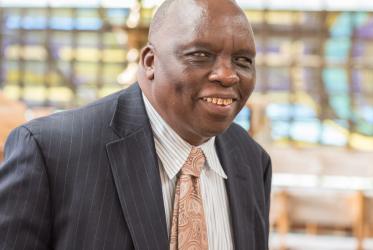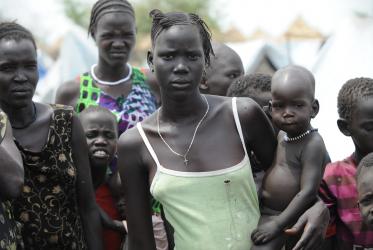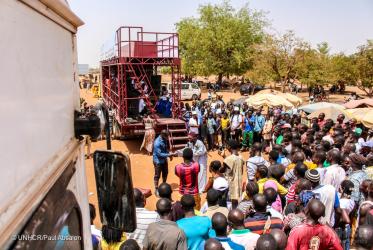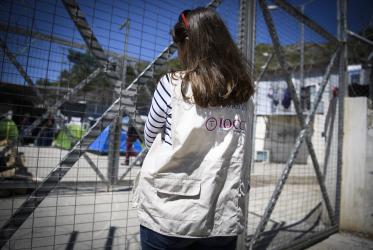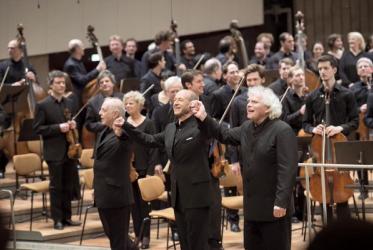Displaying 61 - 80 of 117
09 August 2017
In Lebanon, refugees face hardship - but find hope
16 March 2017
Sam Kabue: from the village to the world with eyes wide open
27 October 2016
Humanitarian Partnership Conference focuses on inclusive practices
27 September 2016
God’s forgotten children
20 June 2016
Refugees in Berlin get dose of culture
10 March 2016
Afghan filmmaker sees Berlin as home — for now
10 March 2016
"I hit the ground running": Katalina Tahaafe-Williams
16 February 2016
Fleeing from – rather than to – a place
10 February 2016
Thomas de Maizière: On the frontlines of refugee integration
20 January 2016

